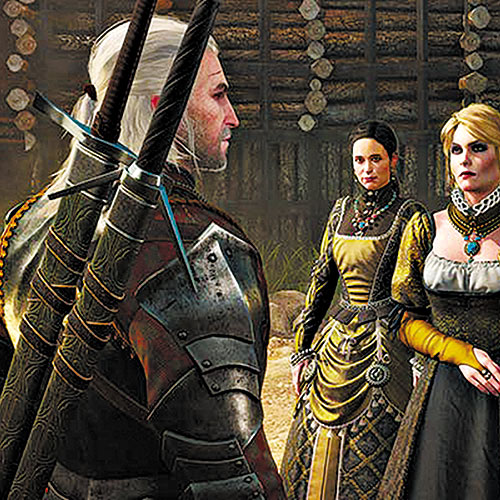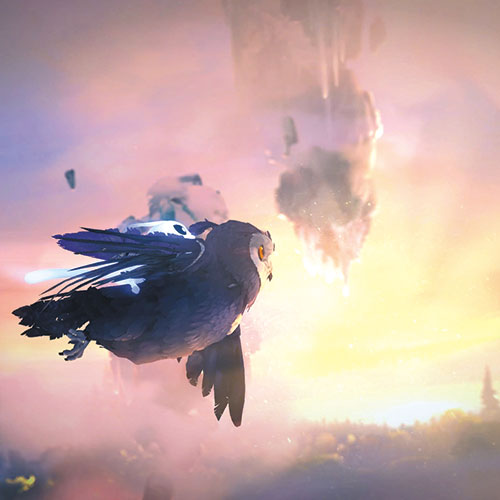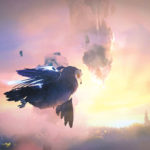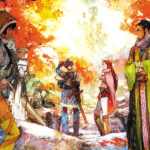Paige FTW: An Ode To The Witcher Novels

The announcement that two Nier: Automata novels would be making their way to America got me thinking about the finest video game novels of all time: The Witcher.
Of course, I have it backwards. The Witcher games merely drew international attention to a series of Polish fantasy books, published in the ’90s by Andrzej Sapkowski, who has a fairly contentious relationship with the games.
Two of the books (The Last Wish and Sword of Destiny) are short story collections that establish Geralt, his abilities and the world. From there on, the books launch into Geralt’s connection with Ciri, a child of destiny (Blood of Elves, Time of Contempt, Baptism of Fire, The Tower of the Swallow and Lady of the Lake). An eighth book, prequel Season of Storms, was released in English this year, but I haven’t yet had the chance to read it. Now, if you’ve already played the games, why should you read the novels?
First, they’re thoroughly excellent high fantasy romps. There’s plenty of old-school magic and monsters to satisfy any traditionalist, but Sapkowski takes care to spend plenty of time dissecting the bloody nature of world politics, too. Sorceresses aren’t merely casting spells; they have a Lodge, and they are out here to set their own world-changing agenda.
He also doesn’t hesitate to dip into other mythological traditions: Ciri has an encounter with Galahad of Arthurian fare, and it’s strongly implied that the island nation Skellige is based on Norse lore. There’s much to unpack at any given moment.
But, of course, if you have played the games, the books are a primer of history. The games are obstinately sequels, taking place after the events therein have long passed, and are loaded with small, joyful references to characters and places of the past. The Blood & Wine expansion, in particular, is richer when you understand Geralt’s connection to the idyllic land of Toussaint.
Both work perfectly well as standalone products, but knowing the background makes each experience all the richer. Sapkowski might deny it, but the two mediums only make one another better.











